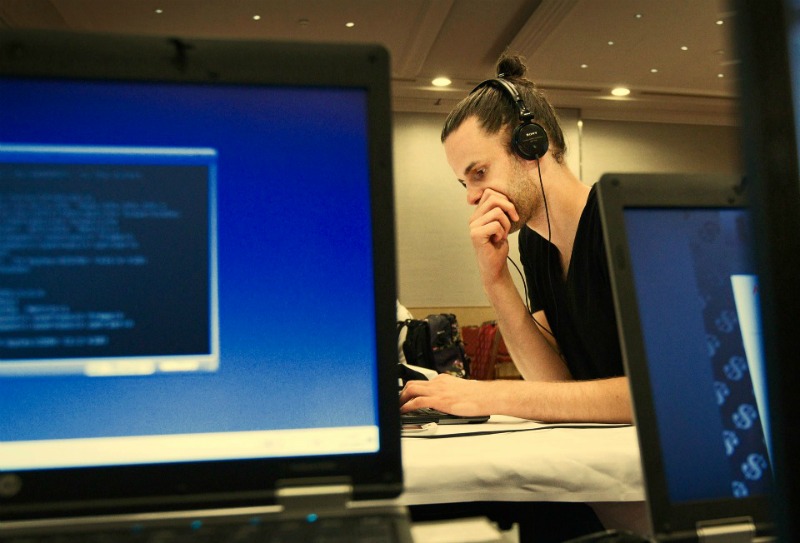The Mobile Security Conference (MOSEC) is organized by Team Pangu and PoC and was first started in 2015. MOSEC focuses on cutting-edge research topics the area of mobile security, fosters information exchange among researchers and practitioners, and received high praise from both the attendees and the community.
MOSEC 2019 will be held on May 30-31, 2019 at the Shanghai Marriott Hotel City Centre, in Shanghai, China. Following the success of the past events, MOSEC 2019 will cover hot topics in security research on mobile browsers, Apps, iOS/Android, IOT, industrial control systems, 4G network, vehicles, and continue to facilitate the most advanced knowledge and technology sharing. MOSEC 2019 will bring excellent security researchers to present their frontier studies to the world.
Founded by Team Pangu, the Pangu Lab is a security laboratory consisting of many senior security professionals with rich experience across a wide range of security research and industrial development. The members of the Pangu Lab discovered hundreds of 0day vulnerabilities in major operating systems and applications, and presented many papers and talks at the premier forums such as Black Hat, CanSecWest, Syscan, RUXCON, HITCon, PoC, XCon , IEEE S&P, USENIX Security, ACM CCS, and NDSS.
Pangu Lab’s current research focuses on mobile security. Team Pangu is known for its multiple releases of untethered jailbreak tools for iOS 7, iOS 8, and iOS 9. Team Pangu was also the first to jailbreak iOS 8 and iOS 9 in the world. Besides iOS, Pangu Lab also made great progress in Android security research, and developed various products for discovering vulnerabilities in Android apps, detecting malicious Android apps, and mining mobile threat information.
POC started in 2006 and has been organized by Korean hackers & security experts. It is the biggest international security & hacking conference in Korea. POC concentrates on technical and creative discussion and shows real hacking and security. POC will share knowledge for the sake of the power of community. POC believes that the power of community will make the world safer. POC has been making a history with sincere staffs, hackers from the world, and sponsors since 2006.


































































 沪公网安备 31011202003028号
沪公网安备 31011202003028号